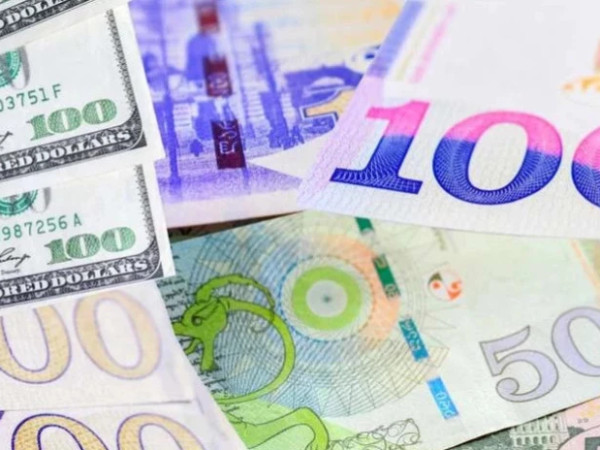Georgia's parliament gave initial approval on Wednesday to a bill on "foreign agents" that the European Union said risked blocking the country's path to membership and triggered protests for a third straight night.
The fate of the bill is widely seen as a test of whether Georgia, 33 years after the collapse of the Soviet Union, intends to pursue a path of integration with the West or move closer towards Russia.
Critics compare the bill to a law that Russia has used extensively to crack down on dissent.
As many as 10,000 opponents of the bill gathered outside the parliament, sitting atop cars and buildings -- a day after police used pepper spray to clear protesters away from part of the building.
Several thousand protesters moved over to the government building, heavily guarded by police, to demand a meeting with Prime Minister Irakli Kobakhidze, the bill's principal backer.
Some demonstrators, many wearing helmets and masks, scuffled with police outside the building.
Eighty-three of 150 deputies voted in favour while opposition MPs boycotted the vote. The bill must pass two more readings before becoming law.
It would require organisations receiving more than 20% of their funding from abroad to register as agents of foreign influence.
Soon after the vote, the EU said in a statement: "This is a very concerning development and the final adoption of this legislation would negatively impact Georgia's progress on its EU path. This law is not in line with EU core norms and values."
It said the proposed legislation "would limit the capacity of civil society and media organisations to operate freely, could limit freedom of expression and unfairly stigmatise organisations that deliver benefits to the citizens of Georgia".
The EU urged Georgia to "refrain from adopting legislation that can compromise Georgia's EU path". The United States and Britain have also urged Georgia not to pass the bill.
The prime minister, in comments quoted by Interpress news agency, said Western politicians had not produced a single valid argument against the bill, and their statements would not prompt the government to change its mind.
President Salome Zourabichvili, whose role is mostly ceremonial, said she would veto the law if it was passed. But parliament has the power to override her veto.
The ruling Georgian Dream party, which has faced accusations of authoritarianism and excessive closeness to Russia, says the bill is necessary to promote transparency and combat "pseudo-liberal values" imposed by foreigners.


















